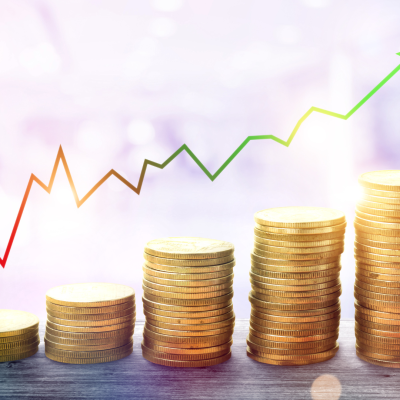Both regulations were enacted as part of the realization of the NDC that was updated and presented to the United Nations Framework Convention on Climate Change (UNFCCC) in 2021. With the enactment of the Tax Law, the GOI is currently setting out the framework for levying taxes for any activities that emit carbon and products that contain carbon. Moreover, by the enactment of the PR 98, the GOI has also set out possible measures for business owners to contribute to the reduction of greenhouse gasses emission by providing incentives for the compliance on the reduction and mechanism for carbon trading as part of a new tradeable assets.
Indonesia’s Commitment
GOI has committed to unconditionally reduce 29% and conditionally reduce 41% of the greenhouse gasses emissions by 2030. This commitment was set out in the NDC that was submitted in 2016. Member states of the UNFCCC has submitted and announced their NDC as part of the commitment to support greenhouse gasses emission reduction. Indonesia, under the administration of President Joko Widodo, has placed this as part of the priority agenda under the Nawa Cita Framework.
The framework then has been included in the National Medium-Term Development Planning (RPJMN 2020-2024) as part of the commitment from the GOI on achieving the target set out in the NDC. In addition to the commitment, GOI will set up a National Registry System as part of the inventory and transparency of the progress to reduce the greenhouse gasses emission.
Taxation on Carbon Emission and the Impact
After the enactment of the Tax Law, all activities which emit and products that contain carbon will be subject to the carbon tax. Incomes coming from the carbon tax, will solely be used by the GOI to tackle climate change issues. However, further elaboration with regards to the mechanism of the taxation, will further be regulated through a Government Regulation and Ministry of Finance Regulation in future.
Business owners who participate in carbon trade, carbon offset or any other measures provided by the GOI, will receive incentives on such compliance in the form of carbon tax deduction or other treatment that will be provided under the implementing regulation. This is part of the GOI’s effort to engage many stakeholders to participate in reducing greenhouse gas emission. However, the tariff on the Carbon itself has yet to be determined. Based on the regulation, it will be at least the same with the carbon price in the market or not lower than Rp 30,00 per kilogram carbon dioxide equivalent (Co2e).
This regulation will impact businesses which emit greenhouse gasses and will be subject to the carbon tax if the carbon emitted surpasses the limit that will be decided by the GOI. In order to reduce the taxation for the emission, businesses have to participate in reducing the emission by shifting to a more renewable source and / or contribute to carbon trading, carbon offset or any other measures that will be further regulated by the GOI.
Economic Value of Carbon and the Instrument
Businesses in Indonesia are obligated to report their greenhouse gasses emission to the GOI. This will be important as the GOI would need to calculate the baseline of the emission for the economic value of carbon itself. Moreover, the economic value will be utilized as a basis for the implementation of carbon trading, performance-based payments, carbon levies and other measures that will be further regulated by the GOI. The carbon trading will be carried out through carbon market and / or direct market in ways of emission trading and emission offset. The trading will not only be available for domestic but also foreign market, however, further details on trading with foreign parties outside Indonesia, have yet to be available.
Based on the PR 98, for businesses to contribute to carbon trading or any measures provided, they must obtain certification as a proof of their commitment to reduce carbon emission. This would also be part of the inventory and transparency of the progress made by businesses in Indonesia. The information will reflect to the progress of Indonesia in achieving their target as stated in NDC.
PR 98 has yet to provide the mechanism of each of the measures that will be implemented by the GOI regarding carbon trading. Seeing that the above regulations have only provide several statements on what would be implemented, we would need to wait for further regulation to be enacted for carbon trade and carbon tax to be fully realized.














